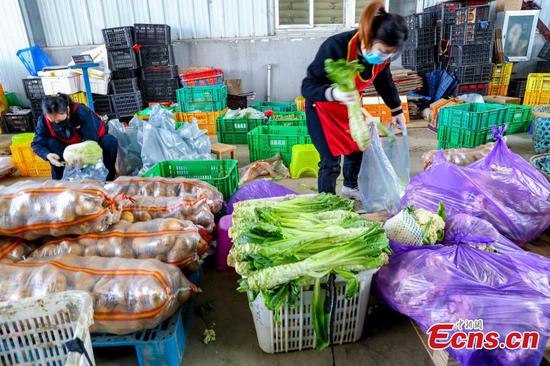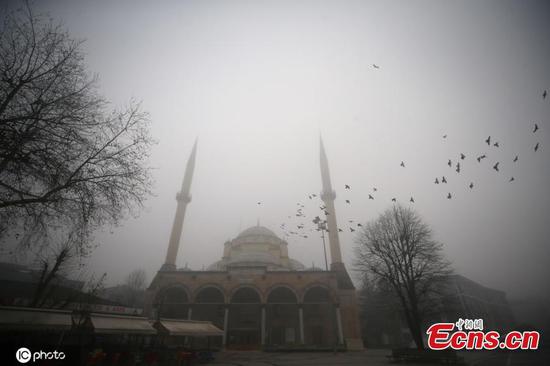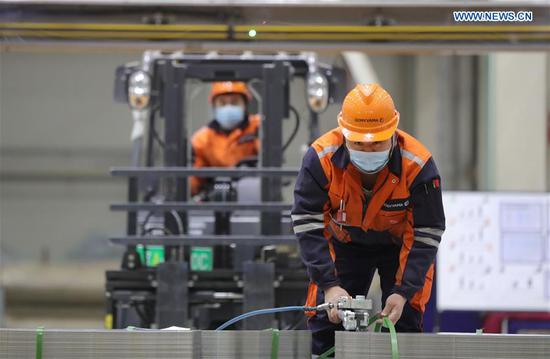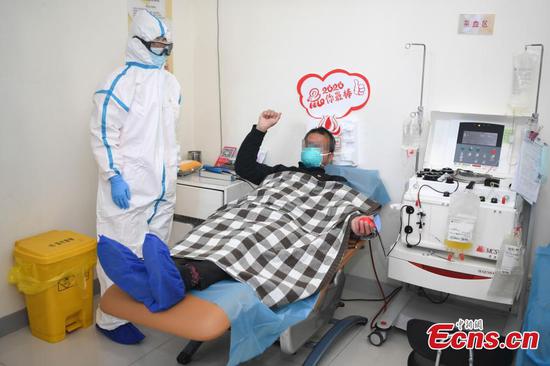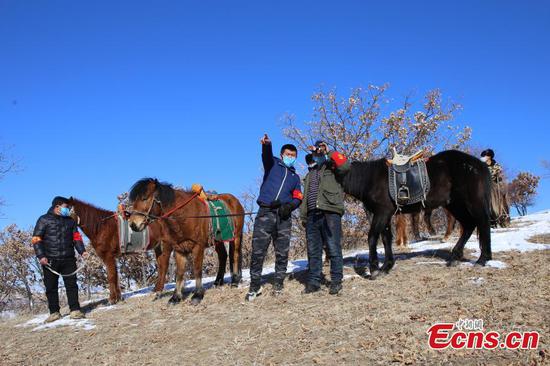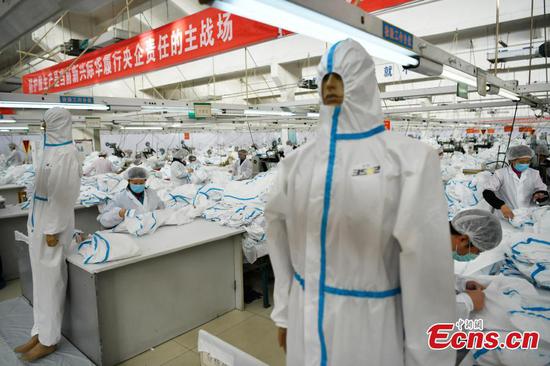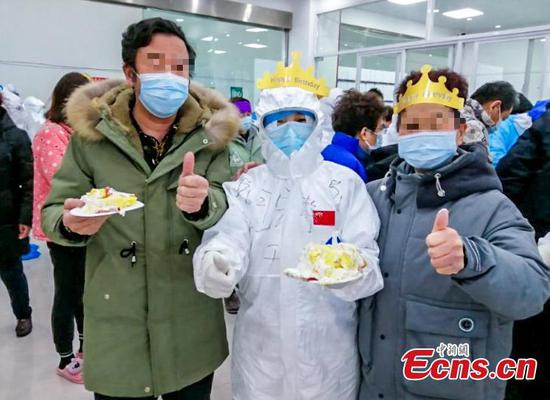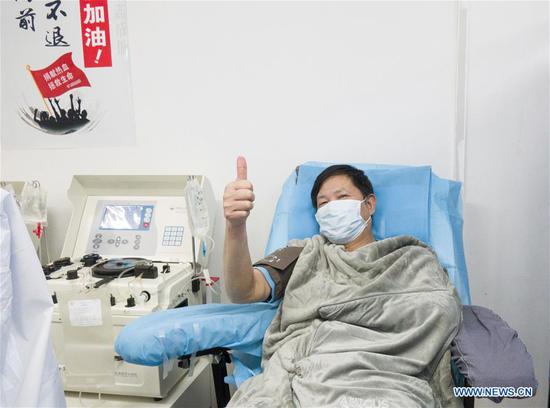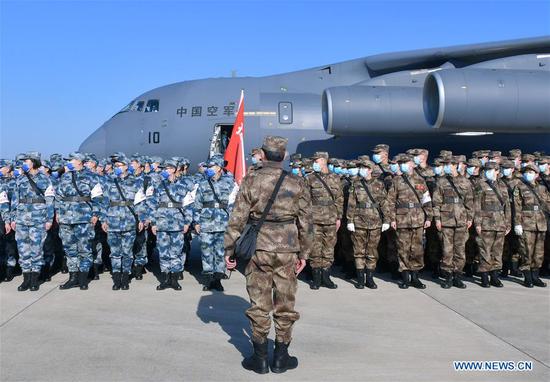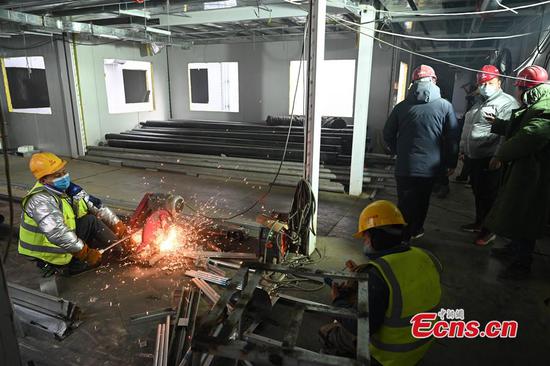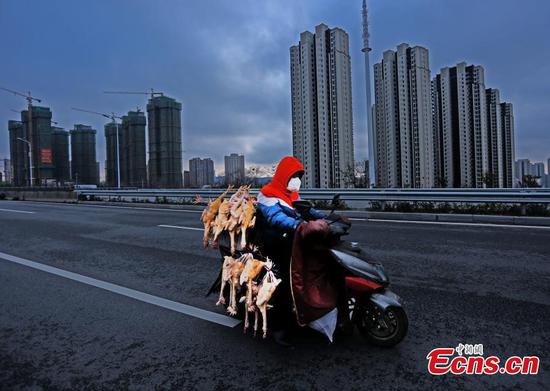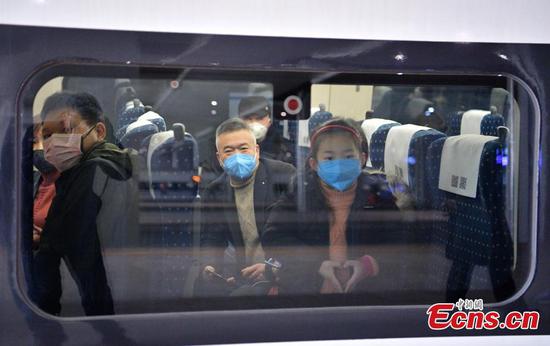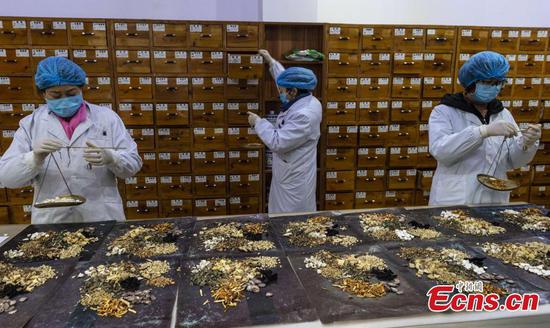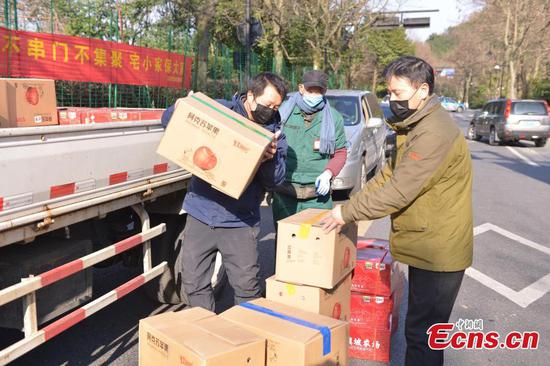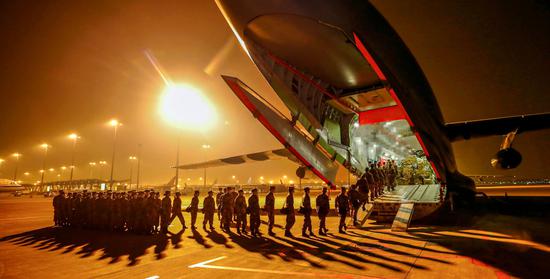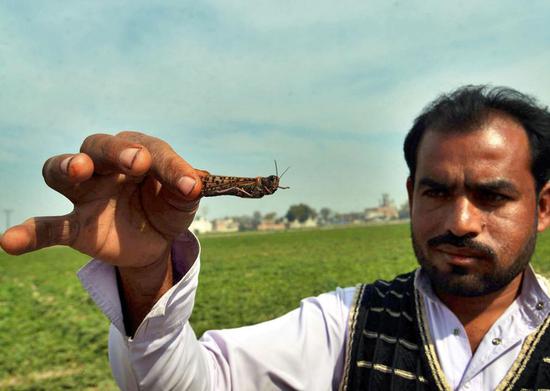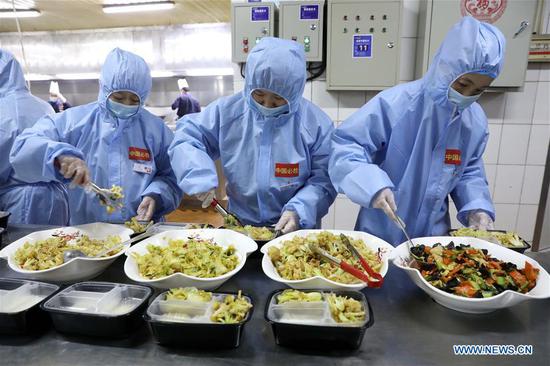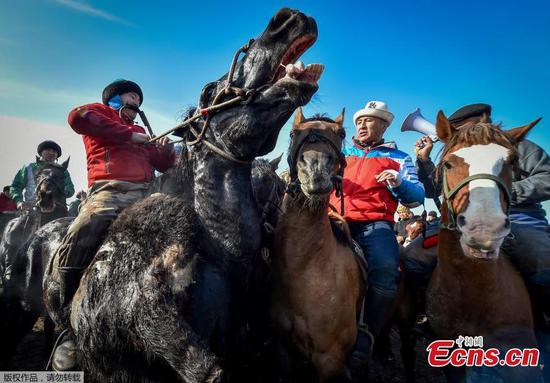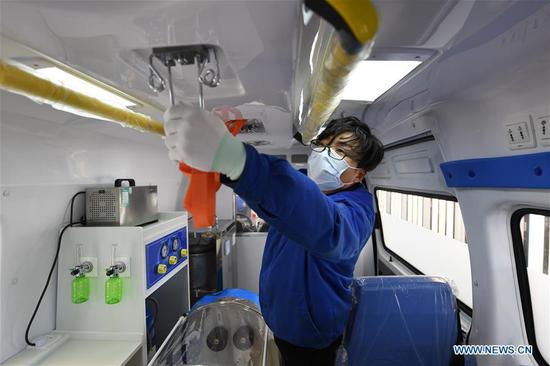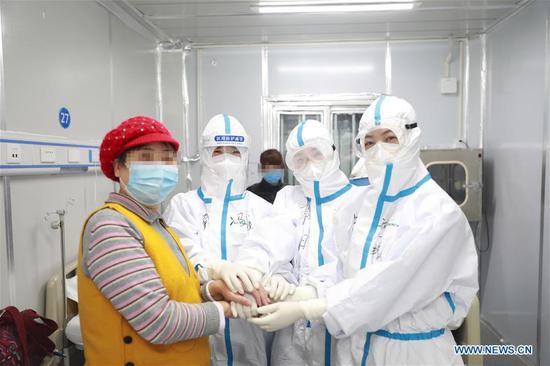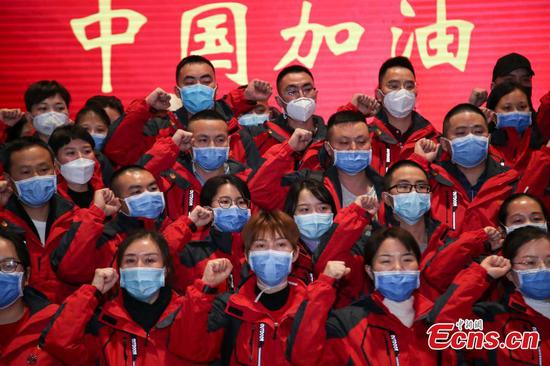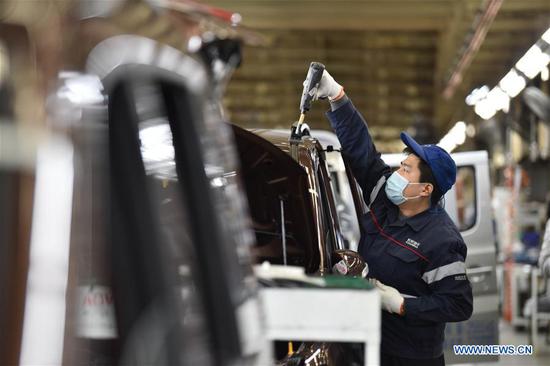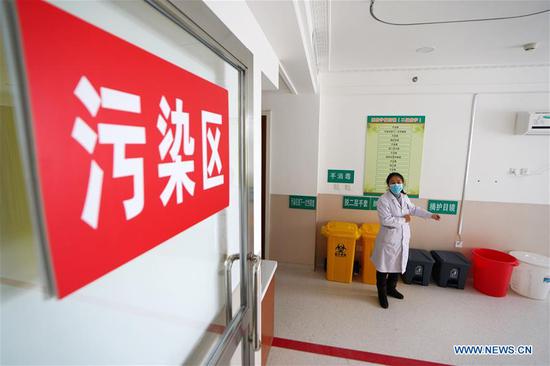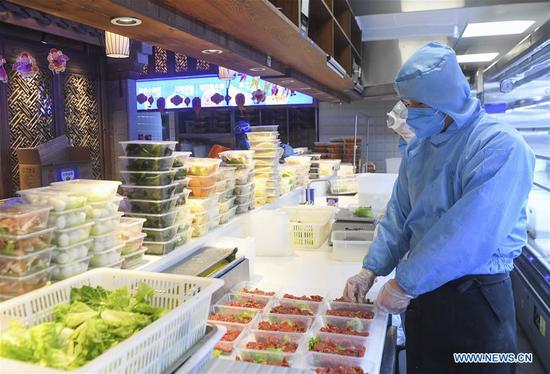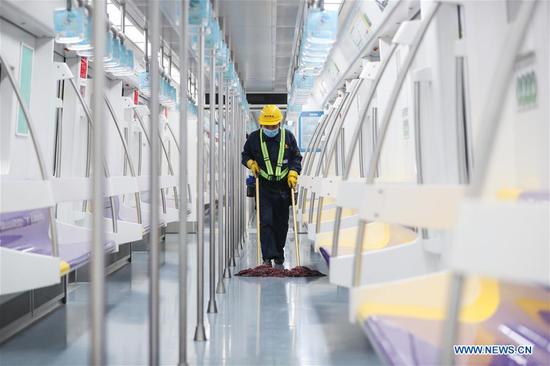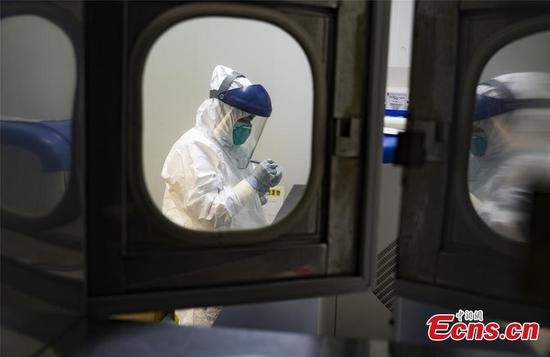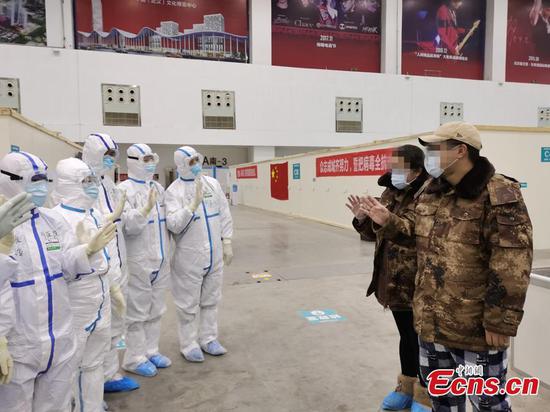China will boost agricultural production in the spring season and take a multi-pronged approach adopted to facilitate business operation and employment, with specific measures including provisionally lowering or waiving employers' social insurance contributions and deferring their payments to the housing provident fund, in an effort to boost economic development.
These decisions were made at the State Council's executive meeting chaired by Premier Li Keqiang on Tuesday.
"At this critical moment of epidemic control, we must facilitate spring plowing and farming preparations, while advancing outbreak response. For such a large developing country like China, agriculture is the foundation. We must tackle the outbreak in a science-based way, and lose no time in resolving the outstanding issues affecting spring plowing. The State Council's inter-agency task force should provide detailed guidance to facilitate orderly resumption of the manufacturing of agricultural supplies. The minimum purchase price for rice will be kept stable this year, and will be raised as necessary. Greater support will be provided to businesses of livestock products," Li said.
The Tuesday meeting emphasized that farming is a strictly seasonal undertaking. For China as a major agricultural country having 1.4 billion mouths to feed, spring farming is too important to be delayed or missed. All sub-national governments must fulfill their jurisdictional responsibilities and lose no time to promote spring farming with comprehensive and concrete measures, thus laying a solid foundation for a bumper harvest of summer crops. Detailed and categorized guidance will be provided for science-based epidemic control in the rural areas. Localities will be directed to promptly start spring plowing and farming preparations from south to north of the country. Companies producing agricultural supplies will be urged to resume production as early as possible.
Livestock and poultry farming must be intensified. Poultry farmers in the key regions, who suffered heavy losses, will be entitled to loan extensions and relaxed loan guarantee requirements. Resumption of hog production will be brought forward. The required number of slaughtered pigs that qualifies a hog farmer for loan interest discount will be lowered from 5,000 to 500.
Major disease and pest prevention and control will be enhanced with closer monitoring and greater preparedness on all fronts. The prevention and control of major animal diseases such as H5N1 influenza and African swine fever will be heightened.









